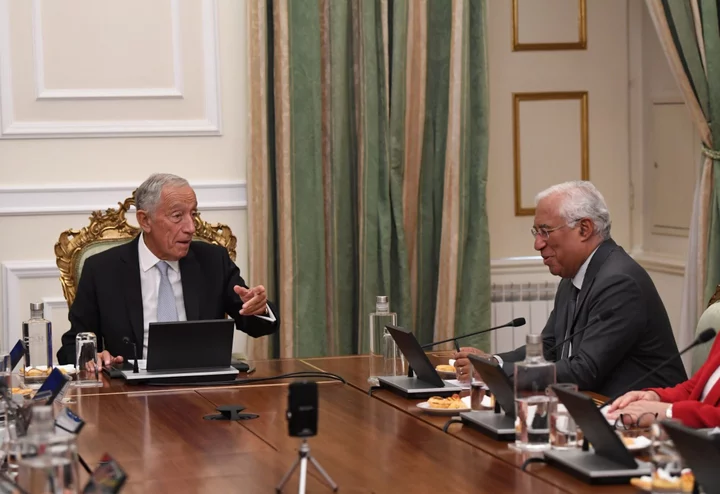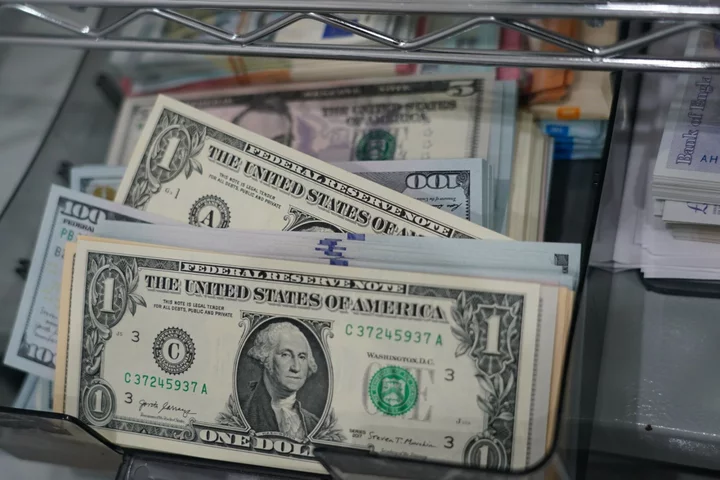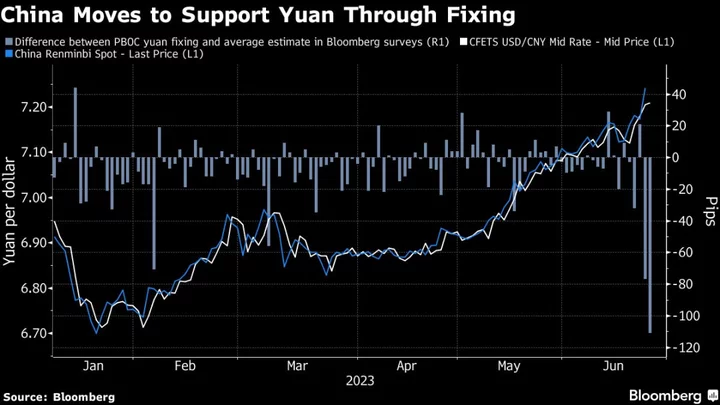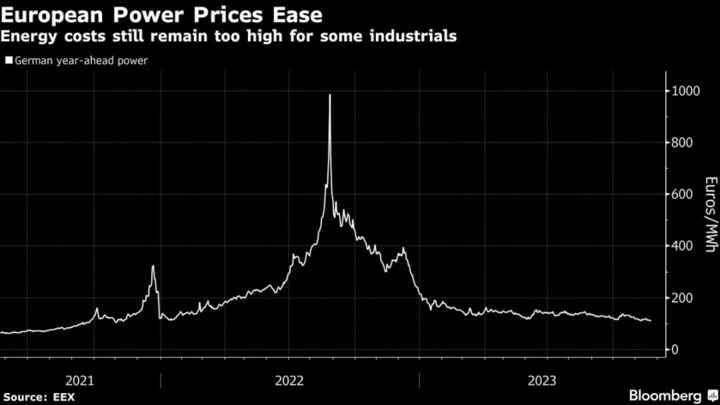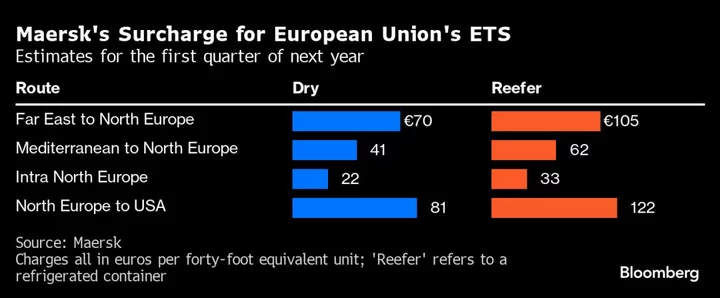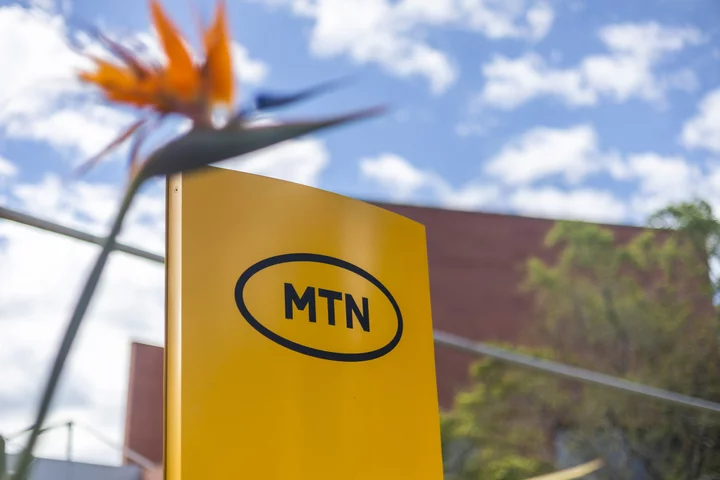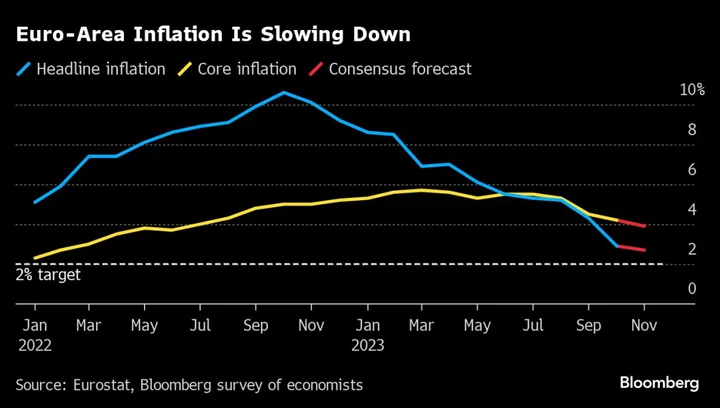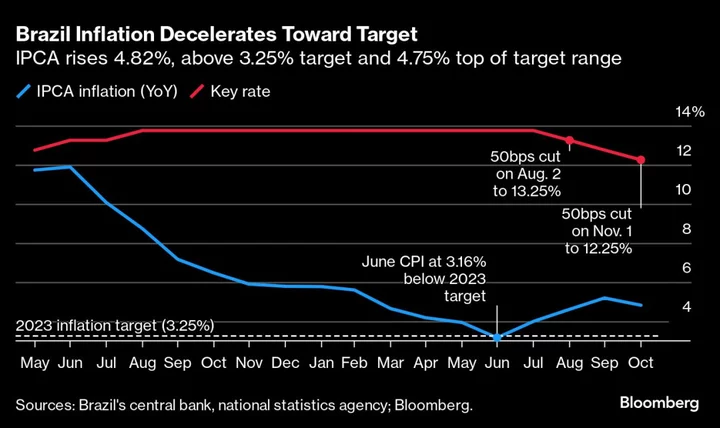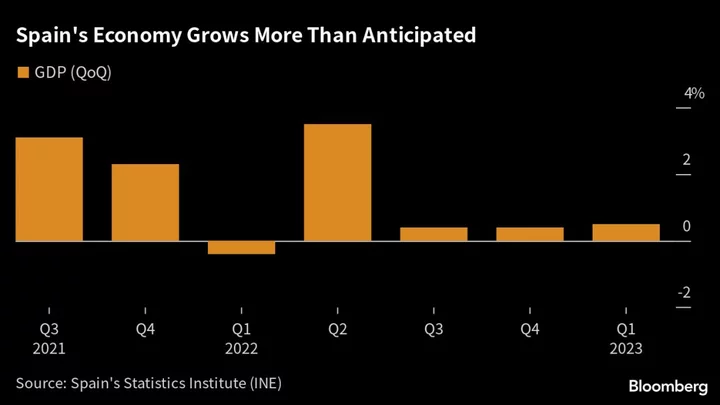The race is now on in Portugal to replace outgoing Prime Minister Antonio Costa following his unexpected resignation this week amid a probe into possible government corruption.
The Socialists still have no clear successor to Costa, though Finance Minister Fernando Medina and former infrastructure minister Pedro Nuno Santos have been seen as possible candidates. Home Affairs Minister Jose Luis Carneiro told reporters late Thursday that he’ll be a candidate.
Luis Montenegro leads center-right opposition party PSD and has said he’s “ready” for what may be a tight race.
Late Thursday, President Marcelo Rebelo de Sousa announced the snap election will be on March 10. Lawmakers will be able to give final approval to the outgoing government’s 2024 budget before Costa’s resignation formally takes effect in early December.
Costa, who had been premier since 2015, led a Socialist government backed by an absolute majority in parliament. The challenge for the party now will be to hold onto votes amid the corruption allegations, anger over housing and a previous pay controversy at state airline TAP SA. For the opposition parties, the focus will be on how to capitalize on those troubles.
In a poll published on Friday, opposition party PSD had almost 22% backing, leading the Socialists by 3.9 percentage points. The far-right Chega party had 13% and the survey indicated 19% of voters were undecided. Portugal last held early general elections in January 2022.
Read more: Portugal Kicked Into Limbo After Corruption Turmoil Toppled PM
The surprise ballot is part of the fallout from the turmoil that unfolded at breakneck pace on Tuesday. News broke in the morning that police raided government offices and detained Costa’s chief of staff, Vitor Escaria. The prime minister’s resignation followed hours later, though Costa, 62, denies wrongdoing.
Cash
Several Portuguese media outlets reported that police found €75,800 ($81,000) in cash in Escaria’s office. His lawyer, Tiago Rodrigues Bastos, told television channel TVI earlier on Thursday that the cash had nothing to do with the case and was related to his client’s professional activity before he became the prime minister’s chief of staff.
Costa said that he didn’t know about the cash. “As soon as I found out I did what was necessary, which was to dismiss him,” he told television reporters outside Socialist party headquarters in Lisbon late on Thursday after the president’s speech.
Asked whether he still planned to make changes to the government, including dismissing Infrastructure Minister Joao Galamba, who has been named a person of interest, Costa said he’s going to talk to the president about that subject.
The corruption investigation is related to lithium exploration concessions in northern Portugal, hydrogen production and a data-center project developed by a company called Start Campus. According to Tuesday’s statement from the prosecutor, some suspects referred to interventions by Costa. It didn’t provide further details.
“I hope that time, sooner rather than later, will allow the clarification of what happened,” President Rebelo de Sousa said.
Political Options
Costa said the Socialists offered an alternative of a government led by Bank of Portugal Governor Mario Centeno. The president “opted instead for elections,” he said.
In Portugal, the prime minister and his government set policy. The president is mainly a figurehead, though he has the authority to appoint the premier and dissolve parliament.
A change in government may not necessarily lead to a major shift in budget policy, though a plan to privatize state-owned airline TAP may be disrupted by the early election. With the debt ratio above 100% of gross domestic product, fiscal discipline will likely remain central to any administration.
The 2024 budget includes income tax cuts and targets a surplus of 0.2% of gross domestic product, smaller than the surplus projected for 2023.
But interest rates have risen sharply in the last two years and the economy is cooling after a post-pandemic growth surge, which will weigh on government income and spending. The central bank sees growth of 2.1% this year and 1.5% in 2024, down from almost 7% in 2022.
(Adds reference to opinion poll in sixth paragraph.)

